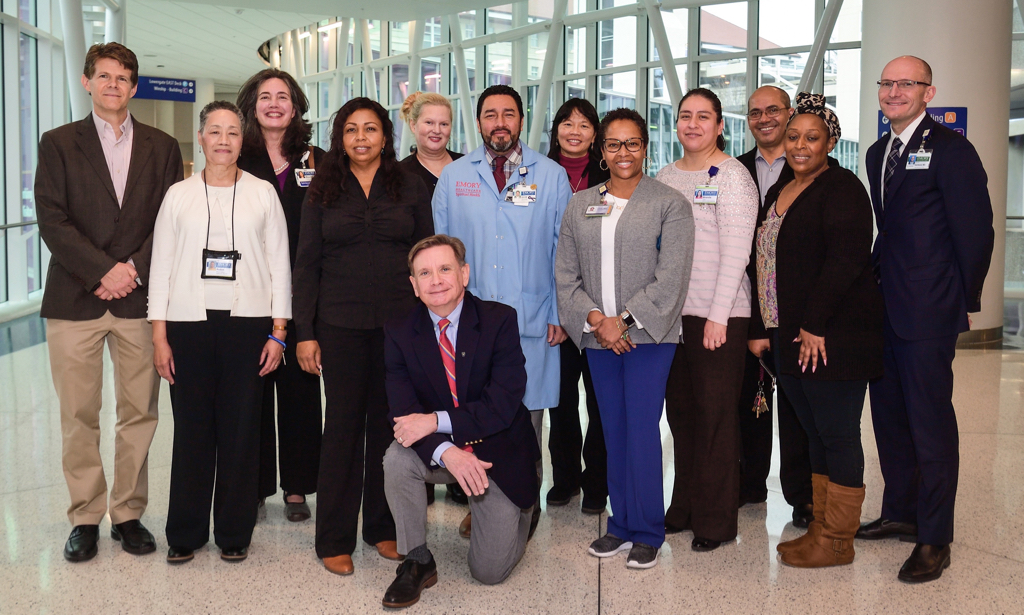Collaborative Programs
CBCT® in Healthcare
CBCT has been adopted by numerous healthcare practitioners and institutions, including the Emory School of Medicine, The University of Illinois College of Medicine Peoria, Spiritual Health at Emory Healthcare, Northside Hospital, the Cleveland Clinic, the Center for Mindfulness and Compassion at the Cambridge Health Alliance, and Albert Einstein Hospital in Sao Paolo, Brazil. We have also developed a course specifically for nurses, CBCT® for Nurses.
Education and Youth
CBCT has been taught to public school teachers, primarily in the Atlanta Public Schools, since 2014, with promising outcomes helping people on the front lines of education sustain their resilience and resolve to help the young students they serve. CBCT has also been offered to teens in foster care settings, with promising research outcomes. See research section for more information. Originally adapted for elementary school students in 2009-2010, this effort has grown iand developed into the Center’s new K-12 program, SEE Learning (Social, Emotional and Ethical Learning), developed in 2017. For details about this exciting new compassion-centered program for youth and those who educate them, visit this link.
Compassion-Centered Spiritual Health™
CBCT is proud to be collaborating with Spiritual Health at Emory Healthcare to develop an unique and innovative program, Compassion-Centered Spiritual Health™ (CCSH). In addition to training chaplains to sustain compassion and improve resiliency, CCSH is working to develop CBCT® inspired bedside interventions that chaplains can deliver to patients and their family members experiencing distress. For an overview of the CCSH programs, please view this webinar hosted by ACPE: The Standard for Spiritual Care and Education from December 2018, or contact us at ccsh@emory.edu.
CBCT® as a Research Intervention
CBCT has been the subject of many types of formal research since its development in 2004. Early studies, led by Charles Raison, MD, suggested strongly that the practice of CBCT would positively influence key blood-based biomarkers of stress and inflammation.
Later studies show that CBCT may improve the ability to interpret facial expressions along with increasing activity in the parts of the brain associated with empathic reasoning.
A number of other special groups have enjoyed CBCT and taken part in research projects, including veterans with post-traumatic stress disorder, parents of children with autism, depressed patients and their partners, neonatal intensive care unit nurses, transgender youth and their parents, and public school teachers. More than a dozen studies have been published to date and the Center continues to collaborate with psychiatrists, neuroscientists, public health professionals, and others in the investigation of CBCT. In 2018, the Center is taking part in a Mind and Life Institute PEACE grant to research outcomes from training spiritual health practitioners in the Emory hospitals, a project that will both offer CBCT as a training mechanism for resident chaplains and also will develop and test bedside interventions for hospital patients based on the CBCT modules.
To see a selection of our published and peer-reviewed research, click here.


